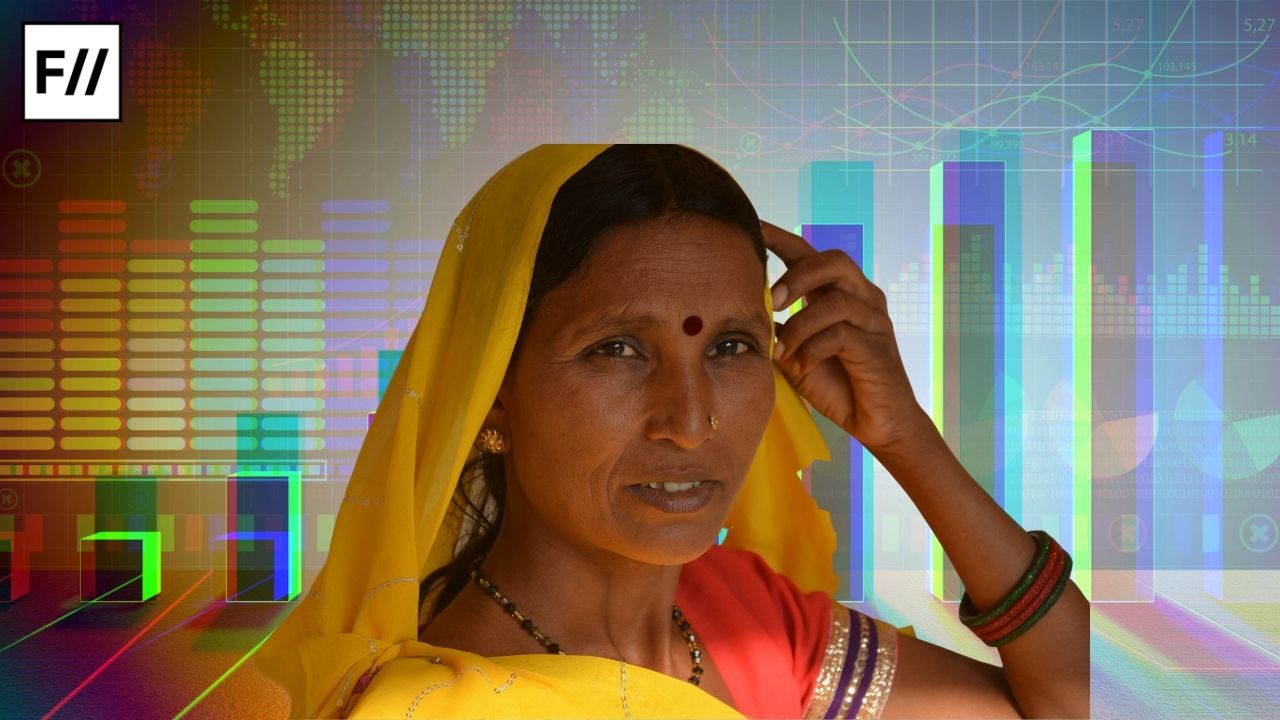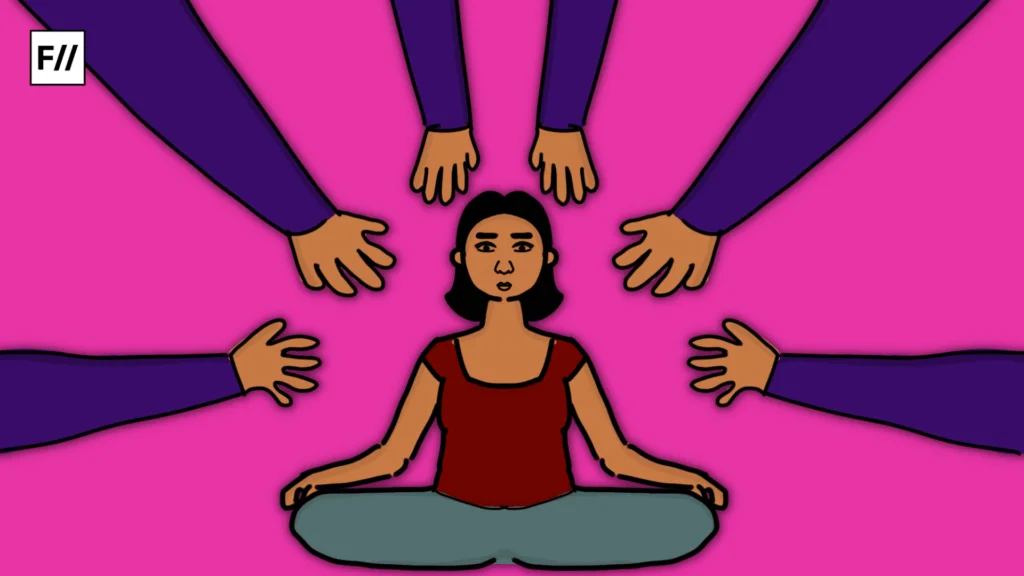Editor’s note: This article is part of FII’s new weekly column on Feminist Economics. The column walks the readers through the field of feminist economics and gives a gender perspective to theory, policy, and the economy.
Economics is defined as the study of optimum utilization of resources in a manner such that the individual gain is maximized at the micro-level and social gain is maximized at the macro level.
This raises many questions. A few of them: Does the gender of a person affect resource ownership? Women make half of the world’s population, but what percentage of microeconomic agents are women? Can macroeconomic policies impact men and women differently? Are gains in economics only monetary? Only 20% of Indian women participate in the workforce, so what are gains for them?
Also read: Feminist Economics: How To Battle The Apathy Of Textbook Economics
Policymakers and economists continue to ignore ‘gender’. In India, seldom any effort is made to scrutinize policies and decisions through the lens of gender. Take the new Farm Laws as an example. These laws may cause female farmers, the most marginal of small farmers to suffer the most. The Modi government has been hiking domestic cooking gas prices since 2014 despite a fall in global oil prices. High LPG prices compel poor Indian women to resort to woodfire cooking. It jeopardizes women’s health and renders pompous pro-women schemes of Mr. Modi like Ujjawala a colossal failure. Even poverty has feminized in India through the years but gender is still merely seen as something social that exists outside the economy. However, you cannot understand the economy without understanding gender relations. Gender has a significant impact on macroeconomic policy, international trade, etc.
Economists often only look at distributive inequality. They draw comparisons between different households, classes of people, social groups, races, minorities, or castes. But gender cross-cuts everything.
Economists often only look at distributive inequality. They draw comparisons between different households, classes of people, social groups, races, minorities, or castes. But gender cross-cuts everything. Gender inequality plays out within these groups and gives rise to serious economic implications. The understanding of poverty remains incomplete without gender.
The gender of a person determines their access to education, health, skills, educational and economic opportunities. Women are always more vulnerable to economic downturns. The economy is not gender-neutral. Gender discrimination exists in the world we live in. The economy relies on this discrimination to function and prosper. So how can then gender consciousness not be a part of the discourses on economy, theory, policy, and prosperity?
To build an economy where both men and women prosper we need to reimagine economics and for that feminism must find a home in economics.
In cis heteronormative terms, the only fundamental difference between men and women is pregnancy and childbirth. (Cis) Women give birth and (cis) men do not. Society has used this difference to encumber women with care activities. Capitalist structures surely rely on the unpaid care work done by women. But, even when there was communal property, women were confined to the homes and were burdened with care work.
Modern economics revolves around men in methods, focus, theory, pedagogy, and perspective. For instance, the Gross Domestic Product dominates public debate around the health and growth of an economy even though it overlooks unpaid work and care activities undertaken by women within households.
To build an economy where both men and women prosper we need to reimagine economics and for that feminism must find a home in economics.
Also read: What Is The Link Between Economic Policies And Women’s Rights?
Featured Image: FII





